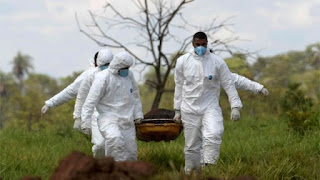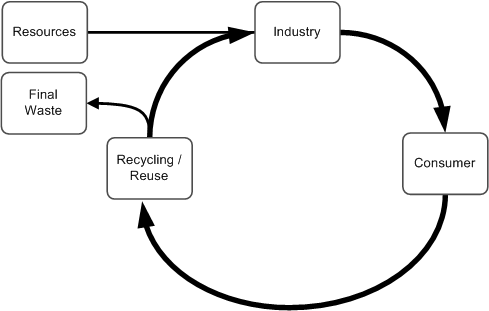The Need of a New Triple Bottom Line: What Went Wrong.

Julio F. Campos* Back in 1994, John Elkington coined the Triple Bottom Line (here referred to as Elkington’s TBL, or eTBL) concept, which was rapidly adopted by the market and is now widely referred to as the accounting pillar when it comes to corporate sustainability. The TBL states that a corporation system can only be sustainable if its environmental, social and economic impacts are managed to stay as close as possible to a balance between its three components. Although it seems a straight forward approach, he decided that TBL needed a recall , for it wasn’t being used as he intended it to be. What went wrong? We can narrow down to two reasons why a recall, with an explanation on how it supposed to work, was needed. The first one was business appropriation adapting the TBL (here referred to as business TBL, or bTBL) to a more palatable conceptual structure. Purposely the first paragraph, in contrast with the second one, of this text presented t...



